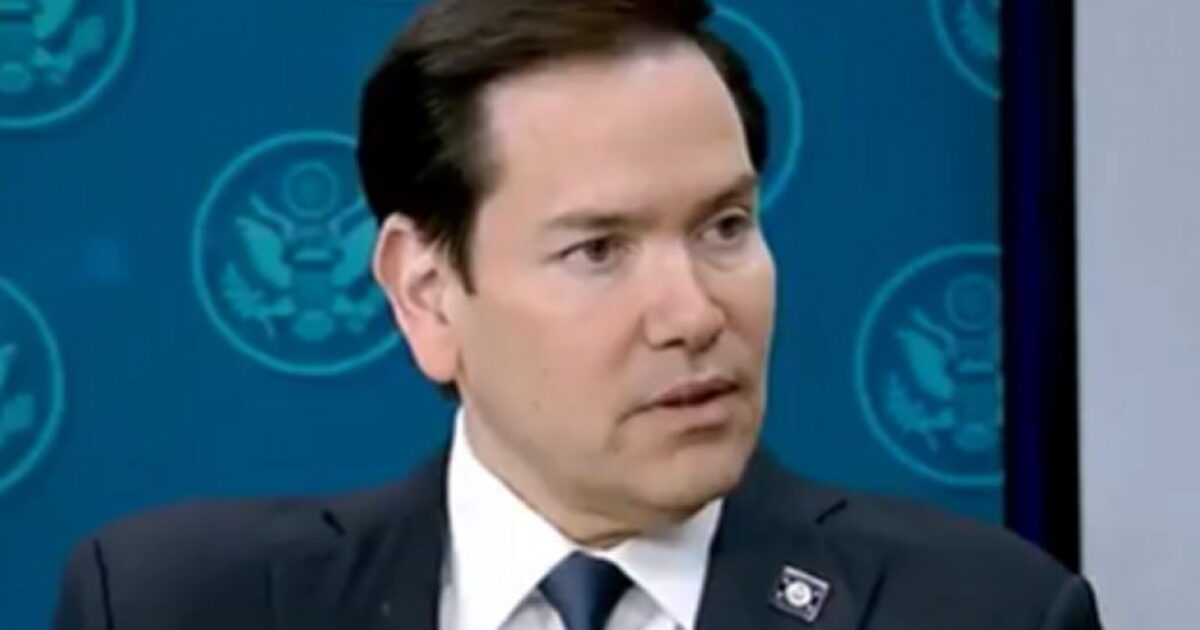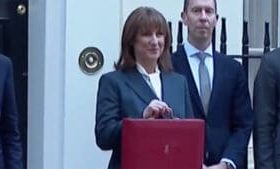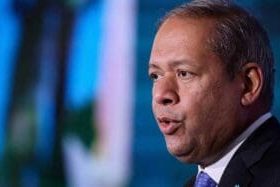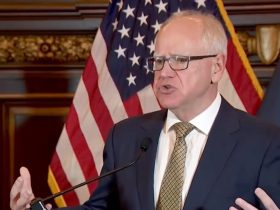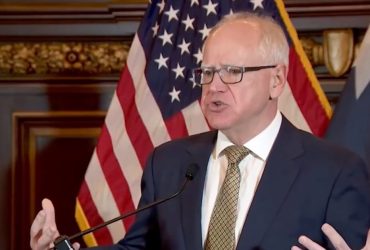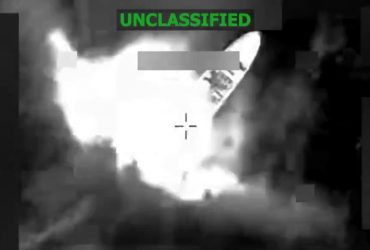In a sharp criticism of NATO’s European members that has become increasingly common in the Trump administration, US Secretary of State Marco Rubio has issued a stark warning, urging the alliance’s member states to dramatically increase their defense budgets or risk undermining the credibility of the entire organization.
“NATO is only as strong as the commitments of its members,” Rubio told The Free Press in an interview. “If the US is carrying the lion’s share, with European nations as mere junior partners, that’s not a true alliance—it’s a dependency.”
Rubio’s comments come amid rising frustration in Washington over NATO’s continued reliance on American military and financial support. Despite a 2014 agreement among NATO members to allocate 2% of GDP to defense, many European countries still fail to meet that target, leaving the US to bear the brunt of NATO’s costs.
“The US is pulling more than its fair weight,” Rubio said. “For NATO to remain credible, its members must fulfill their responsibilities. If this is to be a real alliance, it must be a mutual commitment—not just one where the US covers the bill.”
Exclusive: @BariWeiss sits down with @SecRubio to discuss the Trump administration’s biggest shake-up ‘in decades’ at the State Department.
Plus: controversial deportations, ending the war in Ukraine, and the new Iranian nuclear deal.
Read on: https://t.co/GU0YPdYU7v pic.twitter.com/xE8imxU5Ye
— The Free Press (@TheFP) April 23, 2025
Rubio, known for his hawkish foreign policy stance, proposed that NATO members aim for a far higher benchmark: 5% of GDP spent on defense. His proposal comes in response to the continued underfunding by key European nations, especially in light of growing global threats.
“If NATO is going to continue to function as a credible defense force, it must be a real partnership, not a freeloading arrangement,” Rubio asserted. “Europe must step up to the plate. It’s time for allies to make the necessary sacrifices.”
Rubio’s remarks come after his first NATO foreign ministers’ meeting earlier this month, where he sought to reassure European allies of US commitment to the alliance under President Donald Trump. However, the message was clear: the era of American indulgence is over.
This sentiment is echoed by other senior US officials, including National Security Advisor Mike Waltz, who recently underscored that Washington expects all NATO members to meet the 2% defense spending target by the June NATO summit.
“Europe’s security cannot remain a one-way street,” Waltz remarked. “The U.S. will no longer bear the brunt of NATO’s defense costs while others shirk their responsibilities.”
Defense spending has long been a contentious issue within the alliance. But Rubio’s forceful rhetoric highlights a renewed US push for more equitable burden-sharing, especially as geopolitical tensions continue to escalate.
“The United States is still committed to NATO,” Rubio emphasized, “but not as a one-sided enterprise. For NATO to remain effective, Europe must do more.”
Rubio’s stance signals a broader shift in US foreign policy, one that prioritizes American interests and demands greater contributions from European allies. This shift has also been echoed by Defense Secretary Pete Hegseth, who made similar remarks during a speech at the Army War College in Pennsylvania.
“The era of the US being the sole guarantor of European security is over,” Hegseth declared. “It’s time for Europe to take responsibility for its own defense. NATO’s 2% target is no longer enough. If Europe wants security, Europe must fund it.”
With the NATO summit just around the corner, the alliance is facing a critical juncture. If European nations fail to meet the growing demands for defense spending, they risk fracturing the unity of NATO at a time when the global security landscape is becoming increasingly unpredictable.
The question now is whether Europe will heed the call for stronger defense investments, or whether the US will be forced to reconsider its role in NATO’s future. The outcome may well shape the future of the alliance and its capacity to address emerging global threats.
The post Rubio Slams NATO Allies as Nothing More Than “Junior Partners,” Demands 5% Defense Spending appeared first on The Gateway Pundit.

